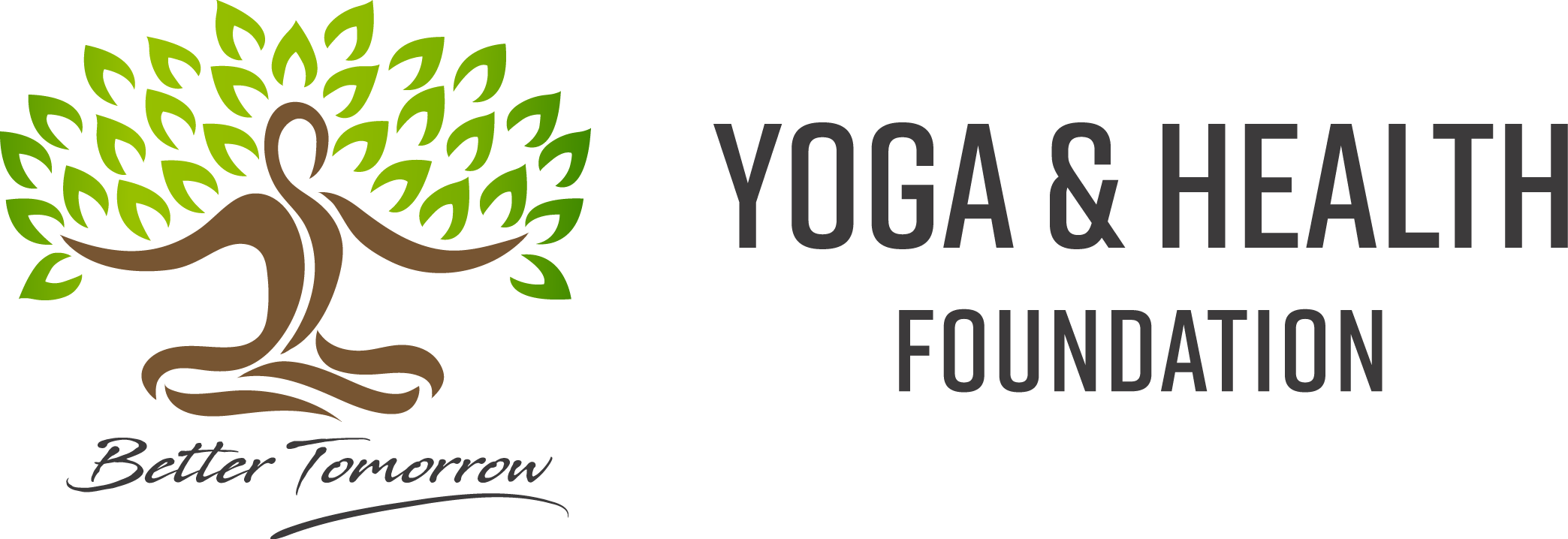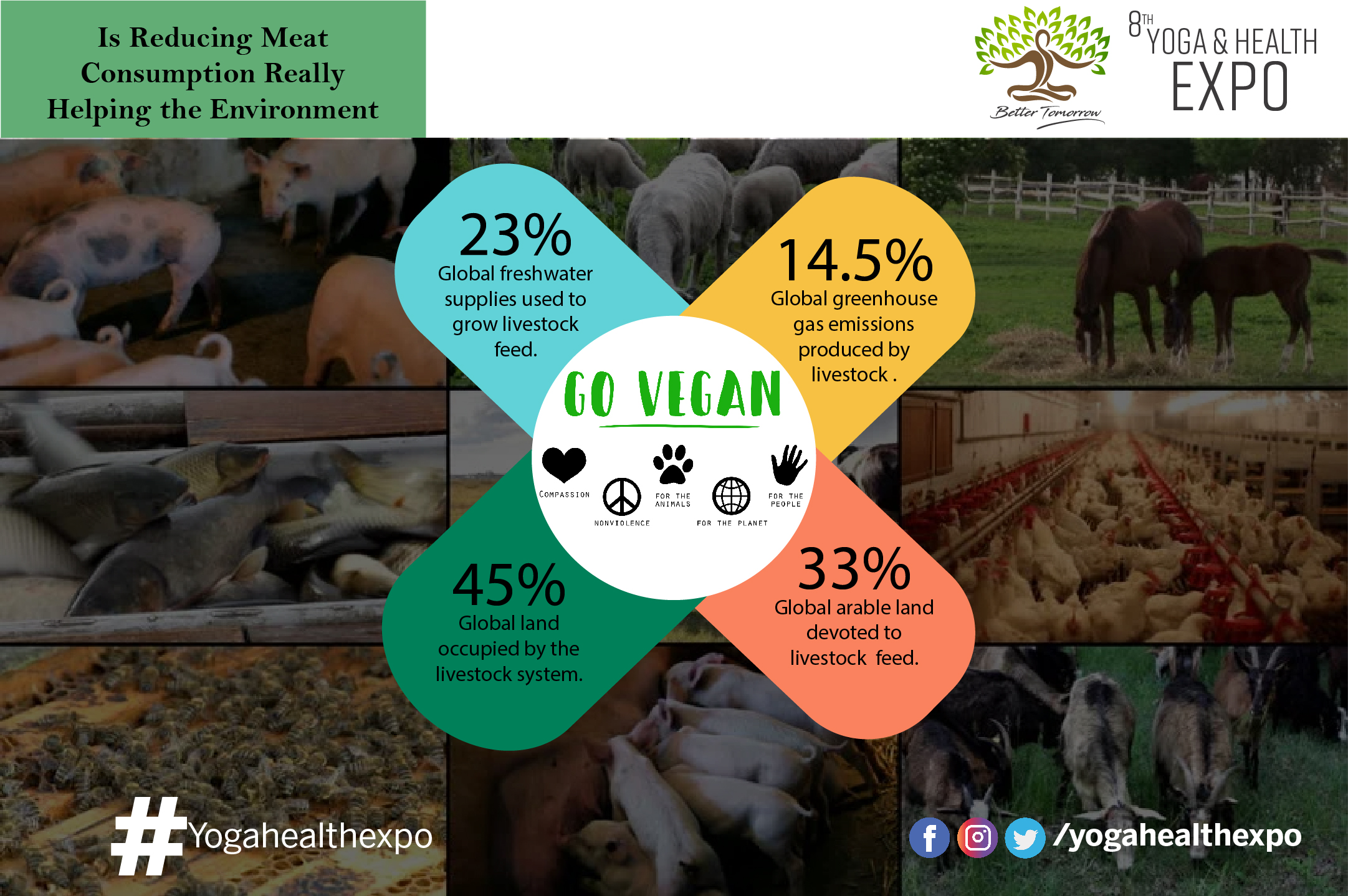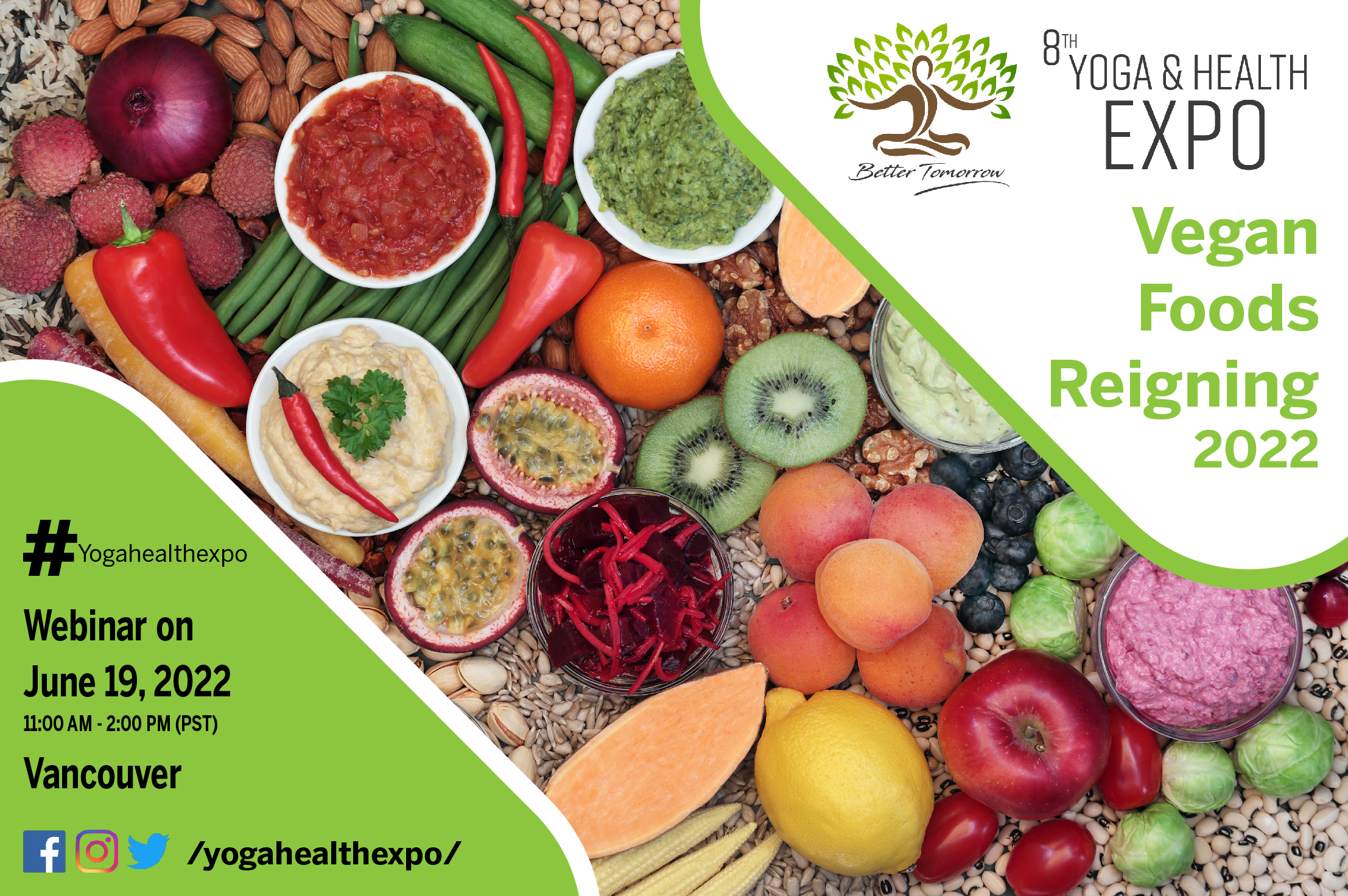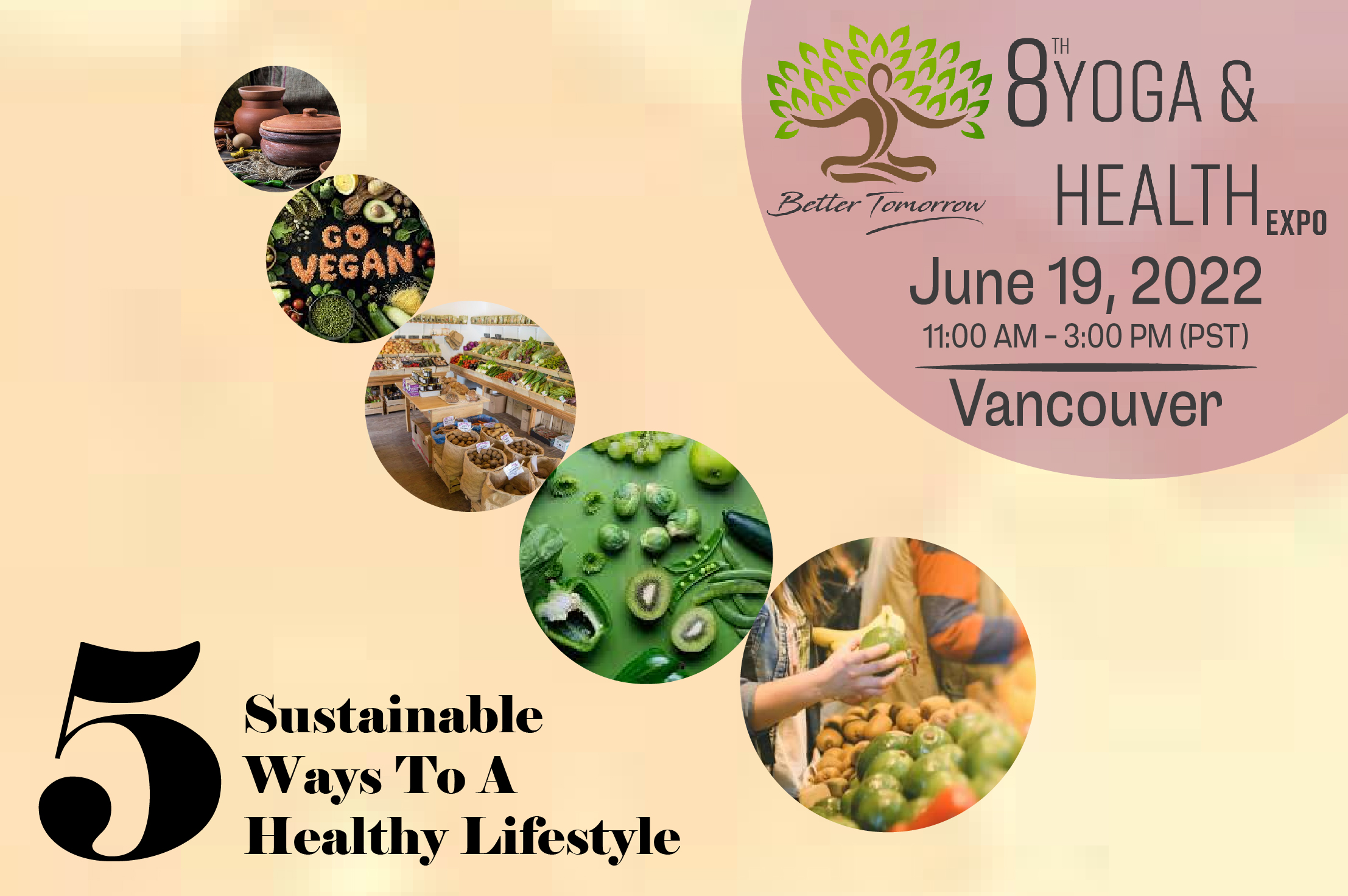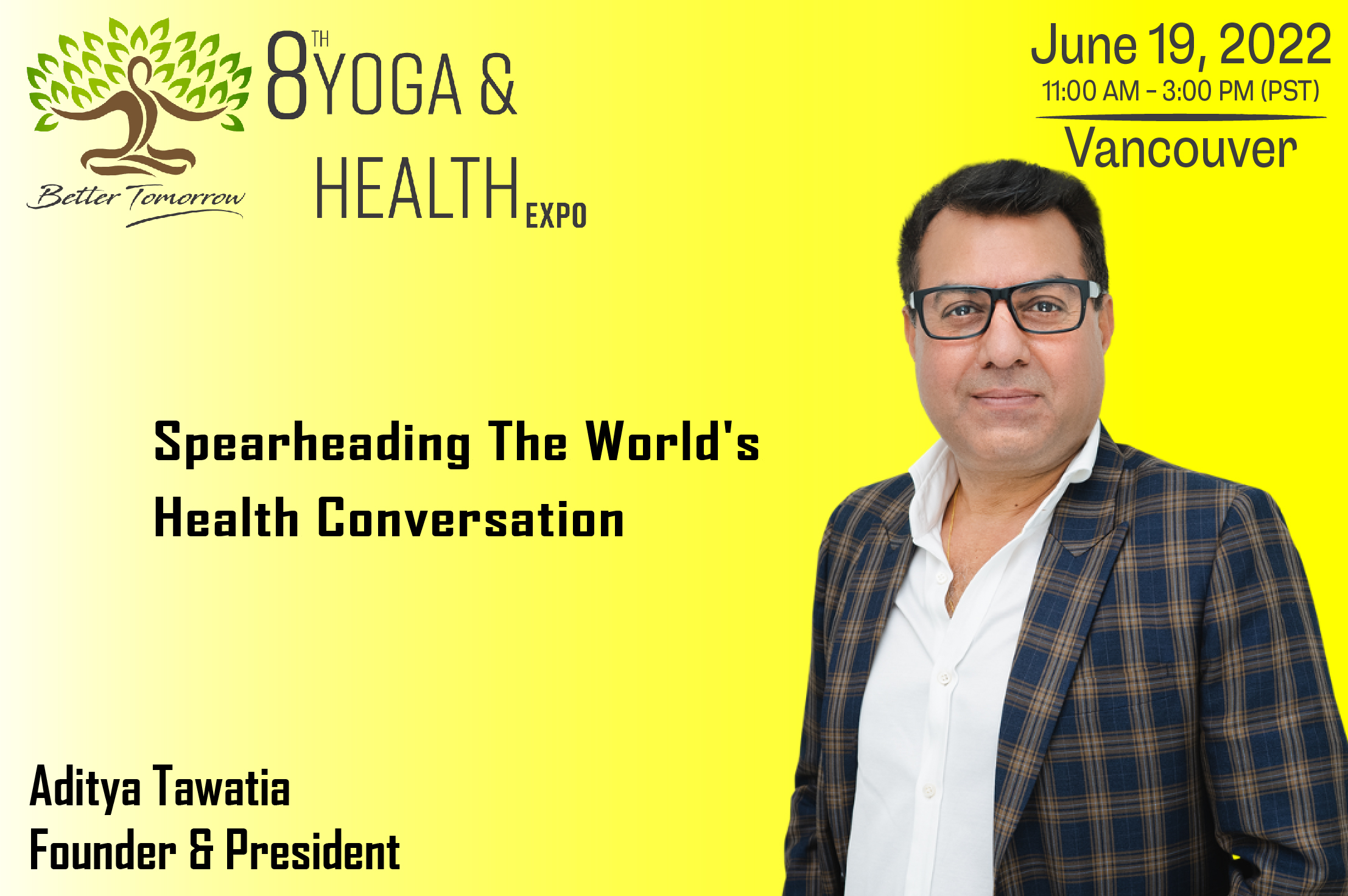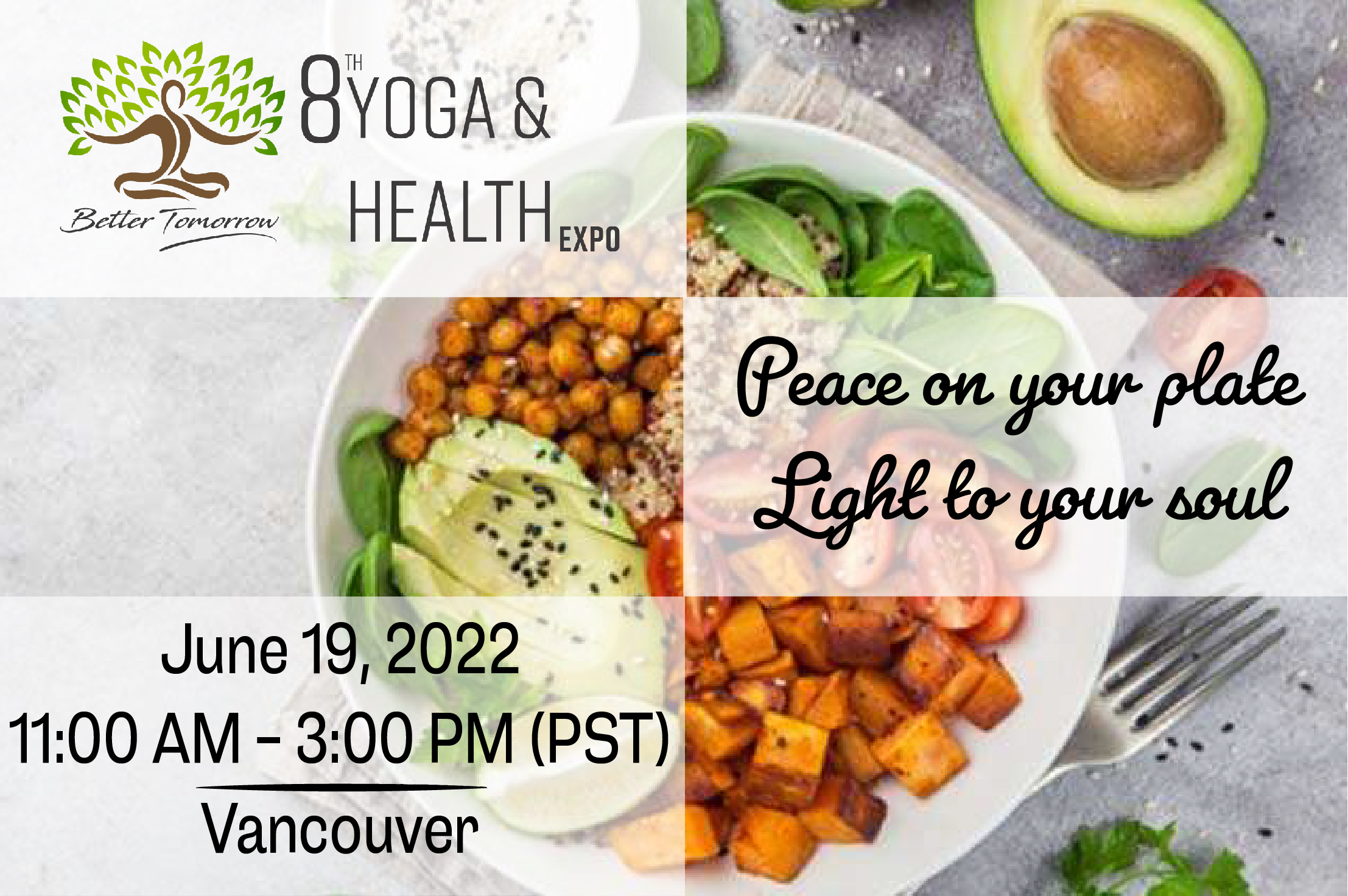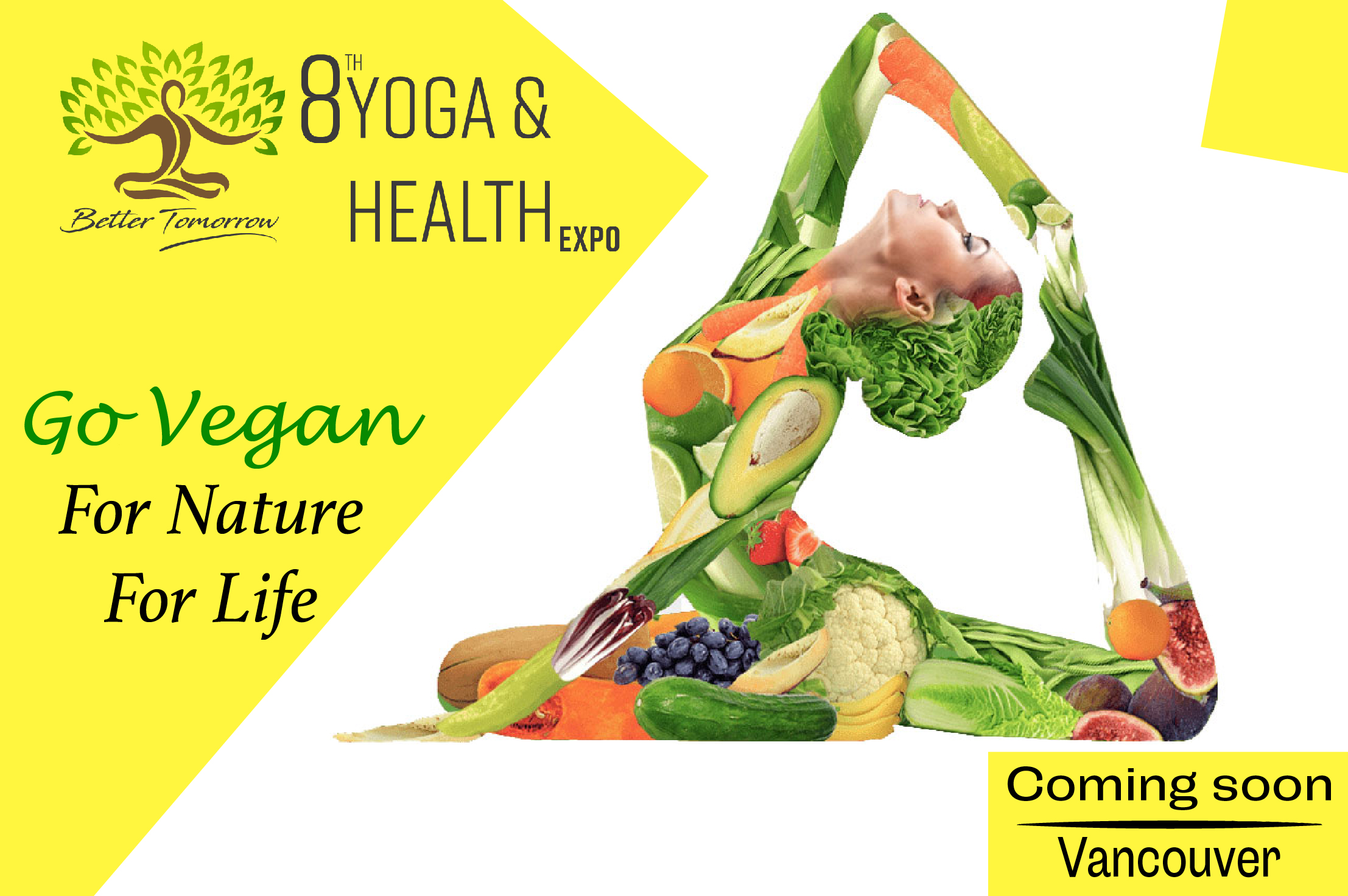Is Reducing Meat Consumption Really Helping the Environment?
With issues of climate change and sustainability finding urgency all around the world, many experts advise us to try and limit our consumption of meat - owing to the environmental impact of the global meat industry. We find out if reducing meat consumption helps the environment, and how vegan foods…
